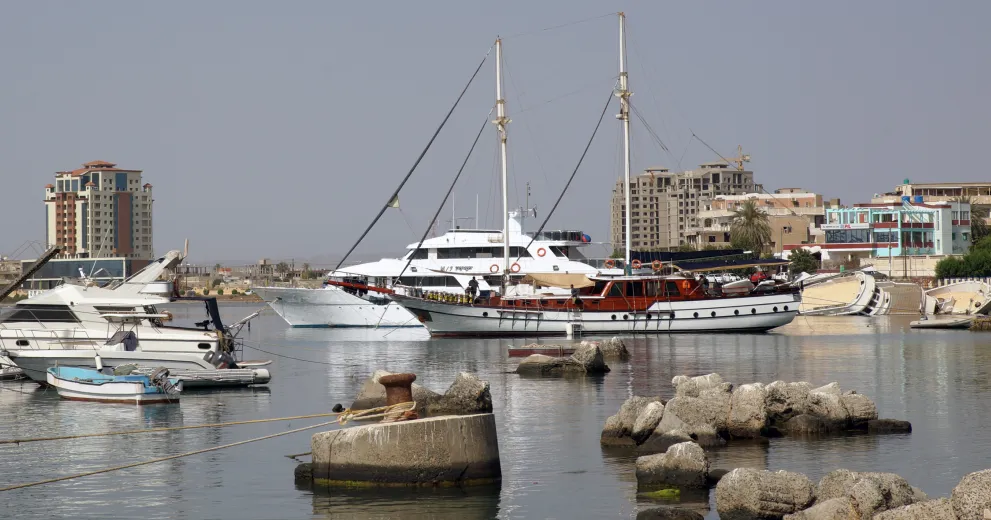Port Sudan has probably been the site of a port on the Red Sea since antiquity. Its systematic development started in the early 20th century under British colonial rule. Soon after, it largely replaced Suakin, which had previously been Sudan's major port on the Red Sea.
During World War II, Port Sudan was of strategic importance for the British fighting the Italian Red Sea Flotilla which was based in the Eritrean port of Massawa. After Sudanese independence in 1956, Port Sudan continued to be developed as an industrial location, with the country's first oil refinery opening there in 1964. Today, the main exports through Port Sudan are petroleum, raw cotton, gum arabic, sugar, sorghum, sesame, peanuts and livestock.
In recent years, the municipal administration has made substantial efforts to increase the quality of life in Port Sudan. As a consequence, the Sudanese rate Port Sudan as the cleanest town in the country – and they are right! The town is still characterised by its colonial beginnings, with many old buildings being preserved and put to diverse uses in the city centre.
While there are no beaches and almost no tourist facilities on the Sudanese Red Sea coast, its dive sites are among the best in the world and attract a growing number of visitors.
